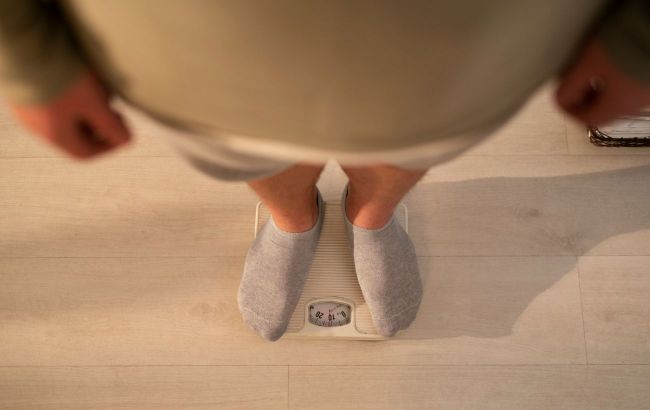Obesity affects libido and chronic inflammation: Cardiologist's comment
 Illustrative photo (Freepik)
Illustrative photo (Freepik)
Weight gain is a risk factor for heart disease, vascular issues, joint problems, reproductive organ disorders, and digestive system diseases. Weight affects numerous bodily processes and can trigger chronic illnesses, citing cardiologist Natalia Ivaniuk.
Chronic inflammation
The doctor explained that increased fat mass often leads to higher levels of background inflammation in the body.
This constant inflammation depletes the immune system’s resources, distracting it from other threats such as viruses, bacteria, or cancer.
Vascular modification
Blood vessels (arterioles) must expand and contract based on the blood supply needs of tissues and organs. Over time, hyalinosis occurs.
Vessels become more rigid and can no longer expand and contract properly when organs require oxygen and nutrients. This leads to dysfunction in those organs.
The retina, kidneys, brain, heart, and liver are most commonly affected.
Constant medication intake
Excess weight leads to increased blood pressure, cholesterol, blood sugar levels, and joint pain. Consequently, individuals are often required to take medications continuously.
Chronic degenerative changes in musculoskeletal system
Joints are subjected to greater stress due to excess weight, leading to rapid wear. Even after losing excess weight, restoring joint health is challenging and can take years.
Cycle disruption and decreased libido
The cardiologist said that with chronic obesity, cycle and libido functions diminish to nearly zero.
This material is for informational purposes only and should not be used for medical diagnosis or self-treatment. Our goal is to provide readers with accurate information about symptoms, causes, and methods of detecting diseases. RBС-Ukraine is not responsible for any diagnoses that readers may make based on materials from the resource. We do not recommend self-treatment and advise consulting a doctor in case of any health concerns.

